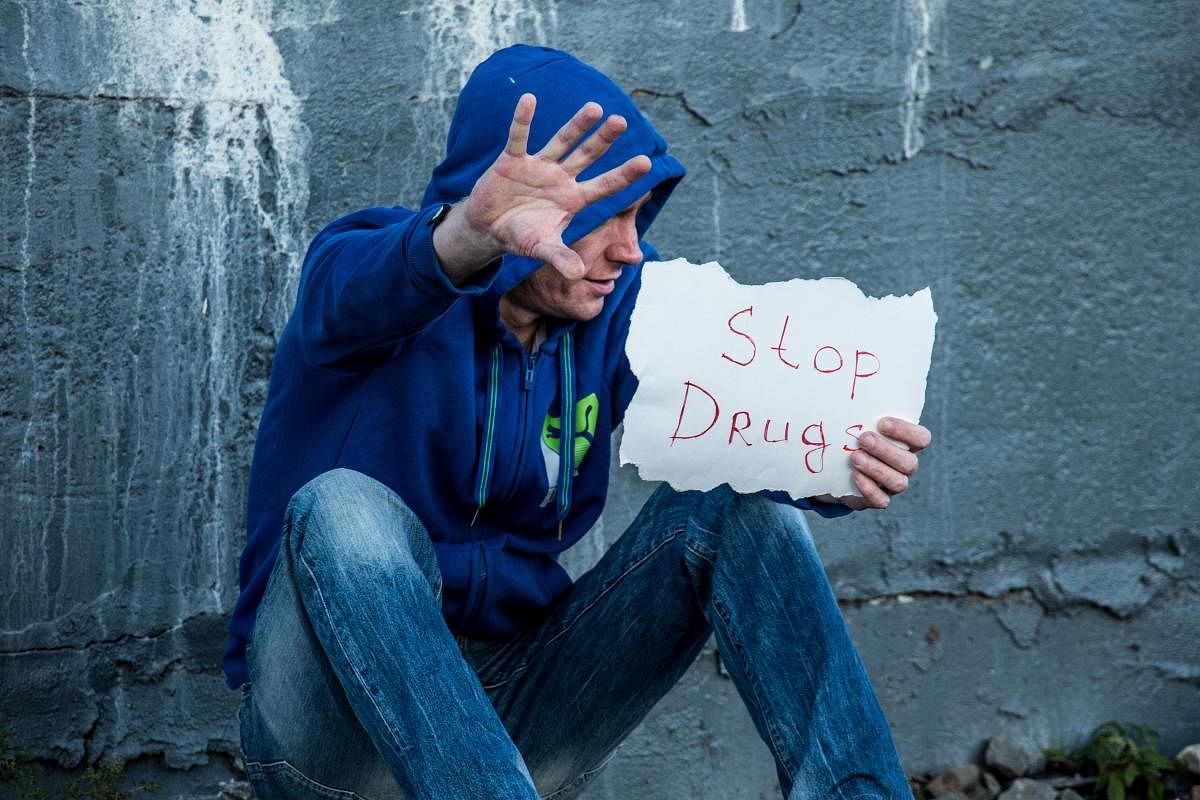
She was on probation and a recovering heroin addict... this was all I was told. As I waited behind my desk, a charming young European girl walked in wearing the biggest smile I’ve ever seen. I sat there to do the initial assessments and formulate her treatment plan. Her smile waned off as she spotted the piles of assessment sheets in front of me. To ease it up I pushed them to the side and said “Tell me about yourself?” and smiled. Before even saying her name, she said “I’m an addict,” and nodded in acquiescence.
“In recovery.” I completed the sentence for her. I tried asking her more about herself and I realised that all she could identify herself as was an addict. My client here had long forgotten her name for perennially her family, the local community and friends had only called her a ‘druggie/junkie/spod’ and so on. Ms P had experienced immense domestic violence at home, that is when she had first started using substances. Young and 15, she fled and fell into the hands of a drug gang who had then trafficked her. Over the next few years, Ms P had turned to sex working left with no other means of living. She had then found out she was pregnant and was earnest to keep the child.
To keep herself fed for the healthy development of the baby, Ms P turned to shoplifting, robbery and drug trafficking. Although she had quit using drugs for a healthy pregnancy. An attack from a member of the drug gang made her lose her unborn child. This made her resort to using drugs again. All these activities led Ms P to come in contact with the criminal justice system which is when she decided to redefine her life. Ms P currently was on probation and actively trying to take support for her drug addiction. After having completed our first review, I wished her goodbye and gave her the next date on which I shall be seeing her. Just before leaving, Ms P pointed to the candies on my tray and said “Can I have one?” “Of course”, I replied and grabbed one for her. “No, I’d like the mint one. It was my mother’s favourite. If she were alive today, I would not be who I am. Do I still have a chance to be a new me,” she asked. “With your determination and full commitment, yes,” I responded and handed her the candy she wanted. Behind all the labels — drug addict, sex worker, offender, gangster and whatnot, there still was a human being trying to make another new life and identity for herself. Society, that remained unaware of all the background, decided to shame her in their crassest ignorance. Addiction like any other disease is a chronic one that needs management. I do not mean that it merely is biological, I fully appreciate the psychosocial components as well. In this context although, I couldn’t emphasise enough about it being a disease, only so the wider community comes to treat addicts or those in recovery better. Someone with a cardiac issue is first persuaded to take treatment and then the immediate family supports them through the course. Why is that not the case in addiction? In fact, psychosocial support can play a pivotal role in engagement and retention in treatment. When you extend love to an addict in your life, it does not mean that you are encouraging them to use substances more. What really you are showing them is, “I shall be with you while you make your way out of this problem.” The general myth is also that addicts chase a substance only for the ‘high’ they get out of it. Whilst the first few encounters may be for this euphoria, consequently, they need to take more quantity of the same drug to get the same euphoria, which we would clinically call tolerance. Finally, they continue using substances only to alleviate the unpleasant consequences such as withdrawal. This can be both physical and psychological. That said, there always is a precipitating factor and a perpetuating factor. A homeless person may start using substances to keep up with the harsh reality and consequently engage in antisocial behaviour to feed his hunger and addiction or vice versa. There’s also most often an accompanying physical or mental co-morbidity related or unrelated to the substance use. Thus, it is a lot more intense than simply hiding the issue behind the label of ‘addict’.